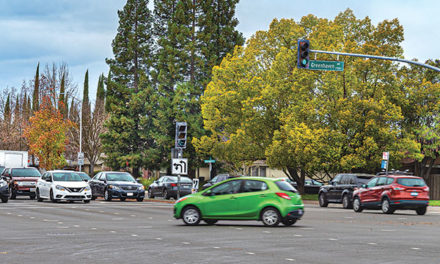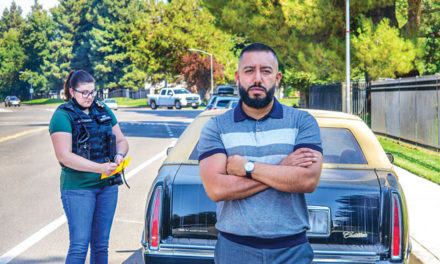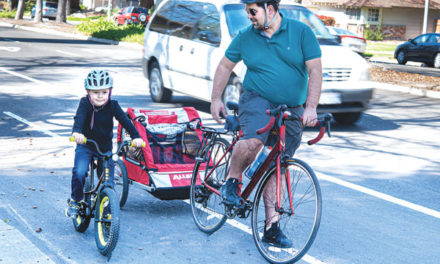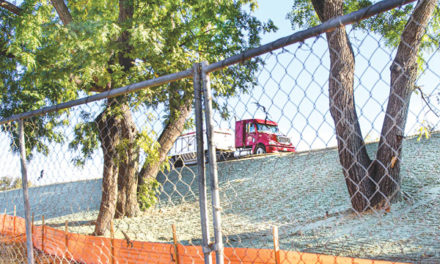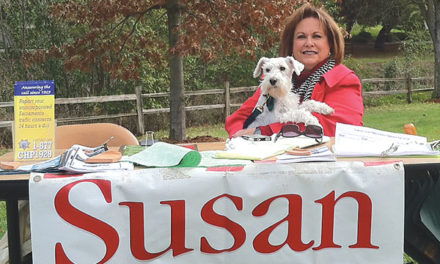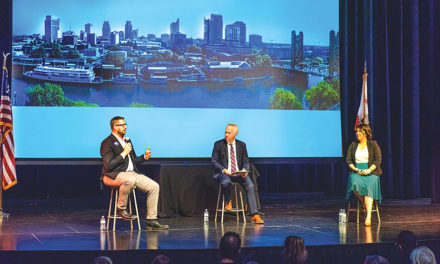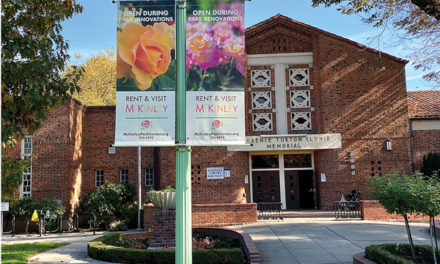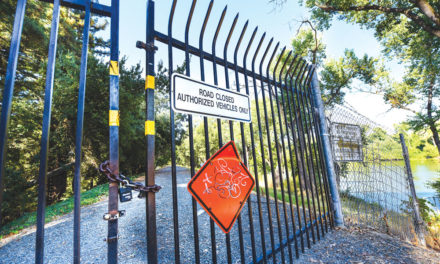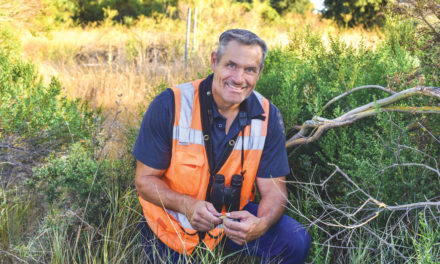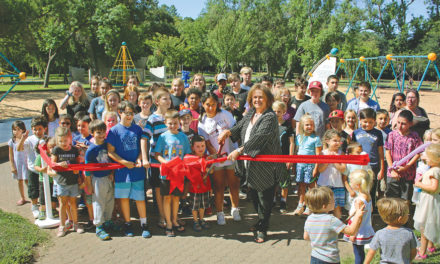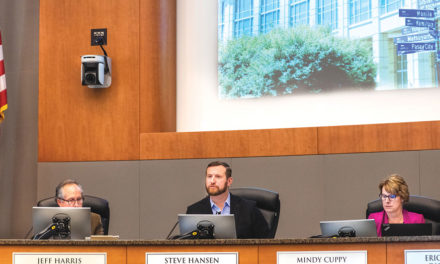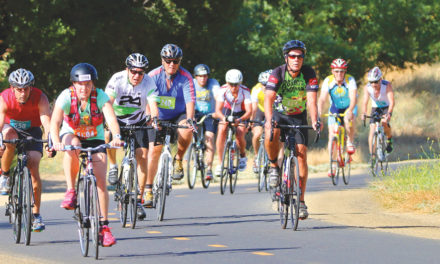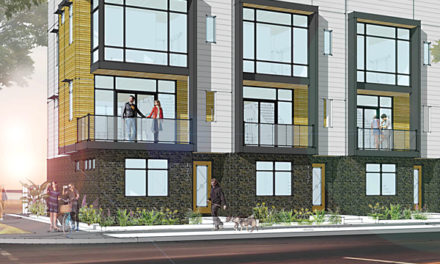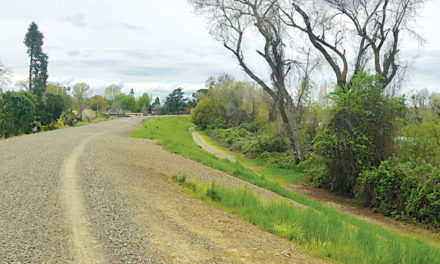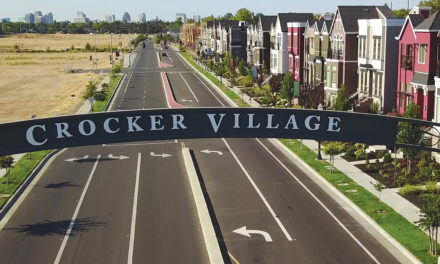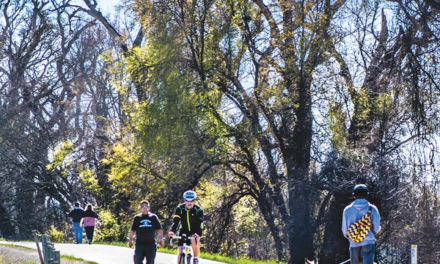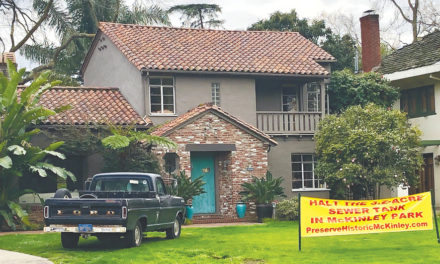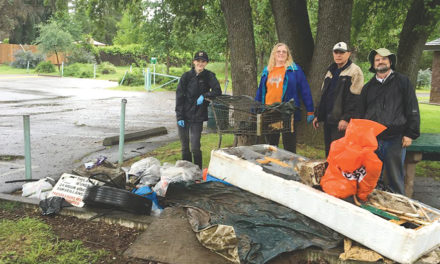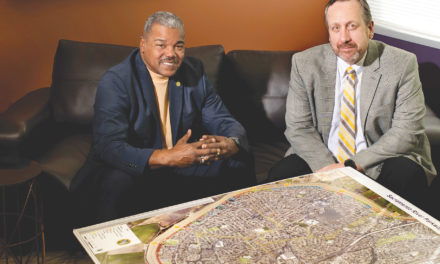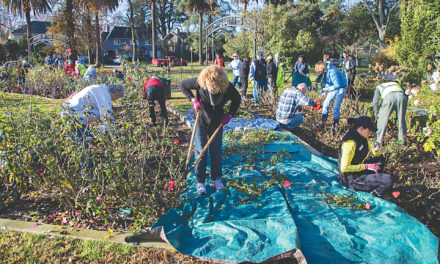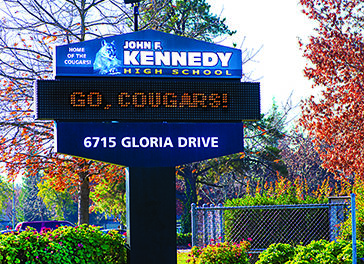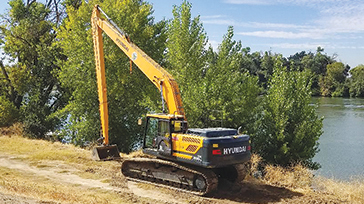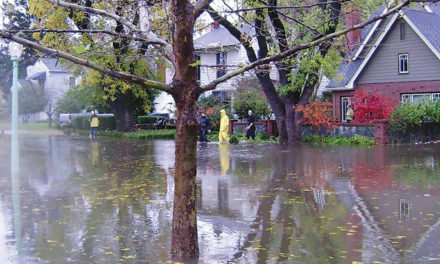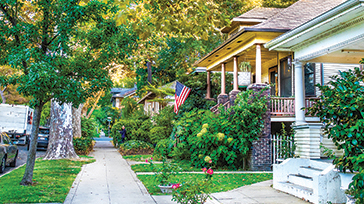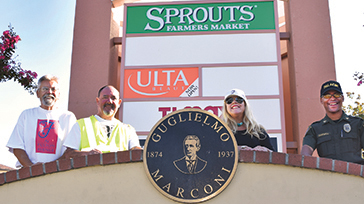Levee Parkway Blossoms
How city will fund, build long-awaited trail
By R.E. Graswich
April 2019
They present themselves as victims of robberies and assaults, but police data shows their streets are extraordinarily safe. They promise to sue the city, but never file lawsuits. They make threats and bark loudly, but never bite.
Empty threats have worked wonders for a handful of Pocket and Greenhaven homeowners who claim they own public levees along the Sacramento River. The ownership claims are fantasy. In fact, easements were bought by the state a century ago. And since the 1800s, local levees have been used for public recreation and flood protection. Public access to waterways is enshrined in law.
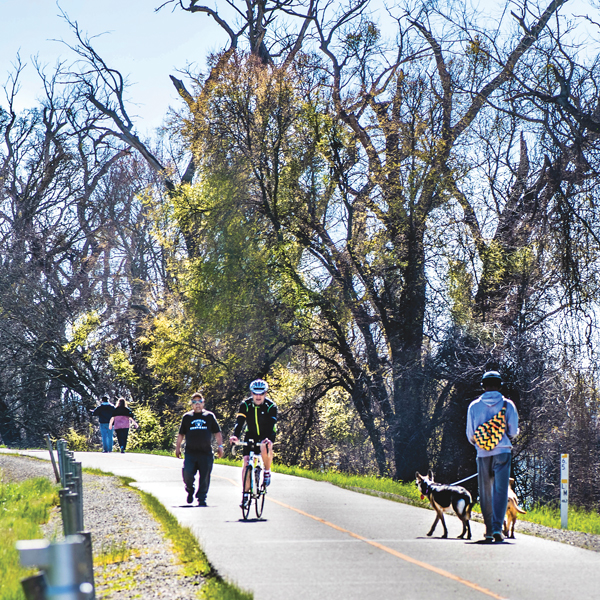
No matter, for almost 50 years, a few riverfront property owners got their way with city and state officials. They carved out private party zones behind locked gates on levees maintained by public funds. Authorities were deferential, as this report to the Sacramento City Council in 1997 demonstrates:
“Private gates across the levee, private gardens, and dock areas have been constructed since these areas are viewed as extensions of the property owners’ backyards. Many riverfront property owners have lived in the same home for over 30 years and are strongly opposed to public access adjacent to their private property.”
Note how the report—written by bureaucrats at City Hall—bent backward to avoid upsetting the riverfront homeowners. And note how no relevant facts were presented, no ordinances or laws cited. Instead, the report was filled with irrelevant, accommodating language: “viewed as extensions,” “same home for 30 years” and “strongly opposed.”
Today, as Councilmember Rick Jennings plans to finally open levee access to the public, he relies on a more visionary document, the Sacramento River Parkway Master Plan, commissioned by the city in 1975.
The Master Plan calls for a continuous waterfront bikeway along the levee from Freeport to Downtown. Jennings considers the plan a promise the city must keep.
Jennings hasn’t ignored riverfront homeowners. He’s not dismissive of their concerns about burglars and muggers. He says, “It has to be up to us to keep everybody safe along the parkway. We have to provide security.”
Jennings hoped to remove the levee fences and open the parkway in his first term. But removing decades of resistance is not easy. Re-elected in 2018, Jennings expects the job to require another couple of years.
His office estimates the cost at $7.925 million, which includes clearing up legal arguments over easements, environmental reports, permits and design work. The cheap part will be the pavement—the new bikeway will run on gravel installed by the Army Corps of Engineers as crews make levee upgrades.
The city has carved out $2.3 million for design, permits and legal costs. Riverfront homeowners are being offered cash settlements—the city figures it’s cheaper than going to court. Refusals will trigger condemnation.
Another $325,000 has been earmarked for construction north of Garcia Bend Park to the Pocket Canal. The largest chunk—about $5.3 million—will be gathered from local, state and federal transportation funds, grants and city reserves.
“It’s the right thing to do,” Jennings says. “The levee parkway means a healthier Sacramento, where people can ride bikes Downtown or to Folsom. It means access to playing fields and parks. It gives us the natural beauty that our rivers provide.”
R.E. Graswich can be reached at reg@graswich.com.







